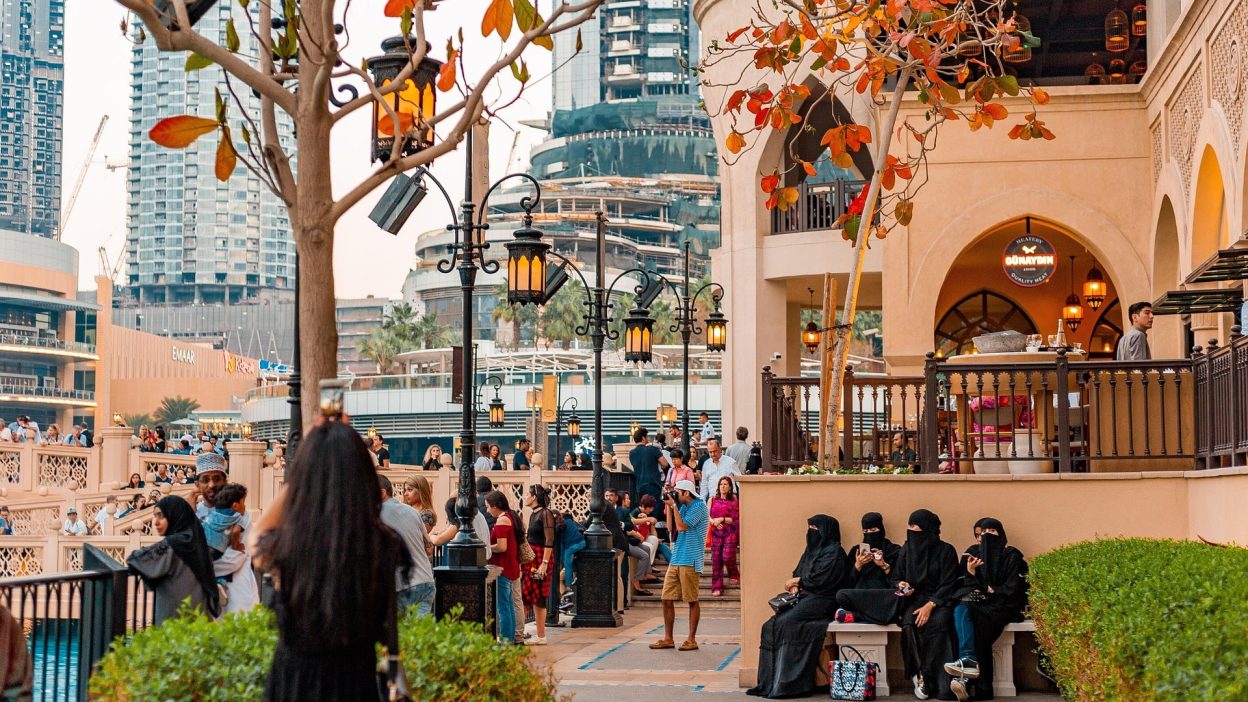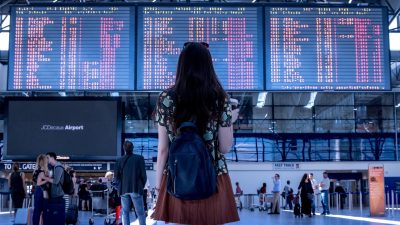Stay safe while exploring the world with these essential travel safety tips.
Travelling opens the door to unforgettable experiences, but it’s equally important to prioritise your safety while on the road. A few simple precautions can ensure a smooth, secure, and enjoyable journey. Whether you’re a seasoned traveller or planning your first trip, these 15 essential travel safety tips are widely recommended and will help you navigate the world with confidence.
1. Research Your Destination Thoroughly
Before setting out, take the time to research your destination. Familiarise yourself with local customs, laws, and potential safety risks. Identify areas to avoid, learn basic phrases in the local language, and understand how to contact emergency services. Websites like the Foreign Office’s travel advice section or reputable travel blogs are great starting points for up-to-date information.
2. Keep Copies of Important Documents
Always carry photocopies or digital backups of important documents like your passport, visa, travel insurance, and itinerary. Store physical copies in a separate location from the originals, and email digital copies to yourself. This precaution ensures you’re prepared in case your documents are lost or stolen.
3. Purchase Comprehensive Travel Insurance
Travel insurance is essential for covering unexpected emergencies such as accidents, illnesses, or cancellations. Ensure your policy includes medical coverage, trip cancellation, and emergency evacuation. It’s better to be prepared than to face hefty bills abroad.
4. Share Your Schedule with Family or Friends
Let someone you trust know your travel plans, including your accommodation details and schedule. Regularly check in with them, especially if you’re travelling solo. This ensures someone knows your whereabouts and can raise an alarm if necessary.
5. Understand Local Laws and Regulations
Different countries have different rules. Some seemingly innocent actions, such as feeding pigeons, can be fined or penalised in some places.
6. Secure Your Valuables
Invest in anti-theft backpacks, money belts, or hidden pouches to protect your valuables. Keep only the essentials with you and leave expensive jewellery or unnecessary items at home. Use hotel safes to store passports, extra cash, and electronics when not in use.
7. Avoid Flashing Money or Valuables
Drawing attention to your wealth can make you a target for theft. Be discreet when handling money and avoid displaying expensive gadgets or jewellery in public spaces. Blend in with the locals by dressing modestly and inconspicuously.
8. Use Secure Transportation Options
Always opt for licensed taxis, rideshare apps, or public transport when travelling in unfamiliar areas. If you’re renting a car, familiarise yourself with local driving rules and avoid driving at night in remote areas. For extra safety, confirm transport details before boarding.
9. Stay Aware of Your Surroundings
Situational awareness is key to staying safe. Stay vigilant in crowded areas like markets, train stations, or tourist attractions, as these are common spots for pickpocketing. Avoid distractions like staring at your phone or wearing headphones in unfamiliar environments.
10. Avoid Sharing Too Much on Social Media
While it’s tempting to share every moment of your trip, oversharing can compromise your safety. Avoid posting your real-time location and travel plans on social media. Wait until after you’ve left a location to share photos or updates.
11. Trust Your Instincts
If something feels off, trust your gut. Whether it’s an overly persistent stranger, a questionable neighbourhood, or an unsafe-looking establishment, it’s better to be cautious and leave the situation. Your instincts are often your best defence.
12. Stay Hydrated and Eat Safely
Maintaining your health is a crucial aspect of travel safety. Drink plenty of bottled water, especially in hot climates, and ensure it’s sealed before use. Avoid street food that looks unhygienic or improperly cooked to prevent foodborne illnesses.
13. Avoid Late-Night Solo Travel
Travelling alone at night increases risks, especially in unfamiliar locations. If you must go out after dark, stick to well-lit, crowded areas, and avoid shortcuts or deserted streets. Always plan your route in advance and let someone know your plans.
14. Be Prepared for Emergencies
Keep a list of emergency contacts, including local authorities, your country’s embassy, and your travel insurance provider. Download offline maps and apps that don’t require an internet connection, like Google Maps offline or Maps.me, to navigate easily in case of poor connectivity.
15. Blend in with the Locals Standing out as a tourist can make you a target for scams or theft. Dress modestly, observe local customs, and follow the behaviour of locals. Learning a few key phrases in the native language can also help you navigate situations more confidently and avoid misunderstandings.




